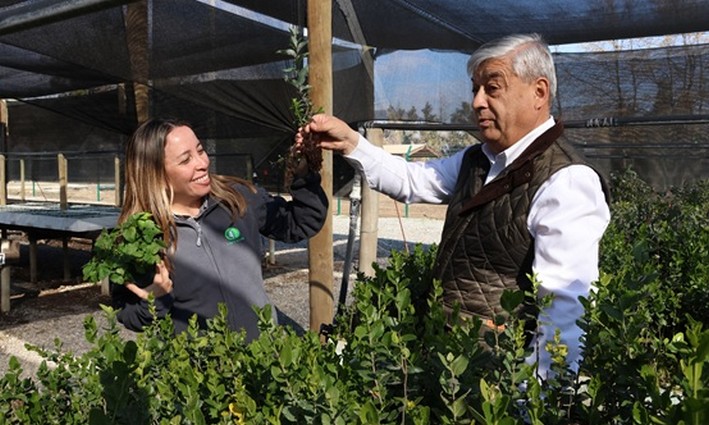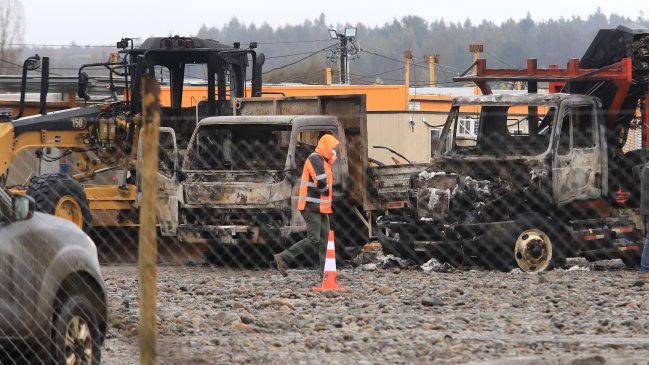What was once a traditional nursery decades ago at Hacienda Cauquenes now thrives as a center for applied science, conservation, and reforestation. Five years after the agreement was signed between Codelco’s El Teniente Division and the Forestry Institute (INFOR), an agency under the Ministry of Agriculture, the Mediterranean Ecosystems Research Center (CEIEM) has established itself as a benchmark for ecological restoration and the production of native plants under conservation threat.
Transforming a productive space into a living laboratory of biodiversity was no simple task, but the results speak for themselves: over 400,000 native plants produced annually, a living repository of species rarely found in the market—such as cacti and ferns protected by environmental regulations—and a scientific roadmap to address the challenges of climate change in sclerophyllous forests.
“CEIEM is a tangible example of the value of collaboration between public science and state-owned enterprises to advance truly sustainable development,” stated INFOR’s Executive Director, Sandra Gacitúa, during her visit. She emphasized that this center “not only fulfills the environmental commitments of a mining operation but also makes cutting-edge scientific knowledge available to the country, applicable to other territories affected by human activity or climate change.”
The initiative aligns with Codelco’s corporate sustainability commitments, contributing to the rehabilitation of impacted lands, compliance with environmental regulations, and carbon-neutrality goals. All of this is approached with a long-term vision, where ecological restoration is grounded in scientific evidence, propagation technology, and respect for species native to Chile’s Mediterranean ecosystem.
“We are working with species that are difficult to reproduce and are also under conservation status, such as the naranjillo, quisquitos, Chilean palm, or the Adiantum gertrudis fern,” explains Dr. Iván Quiroz, a forestry science researcher at INFOR and director of CEIEM. “Our approach is technical but driven by a deep sense of urgency: reintroducing these species to their habitats before they disappear.”
The work carried out at Hacienda Cauquenes ranges from seed collection and germination to developing greenhouse technologies with controlled environmental variables like temperature, humidity, and radiation—key factors for propagating species with high cultivation demands.
“Beyond meeting Environmental Qualification Resolution requirements, we are providing concrete solutions to technical reforestation challenges. For instance, we’ve successfully reproduced and reintroduced highly complex species like the quisquito (Eriosyce curvispina ssp. Curvispina) into their habitat. This is a space where science is applied with urgency and territorial purpose,” adds Quiroz.
CEIEM aims to become a national center of excellence in biodiversity and ecosystem restoration, as well as a key player in community environmental education, thereby adding not only ecological but also social and cultural value to the O’Higgins Region.
For Sandra Gacitúa, this work represents the kind of contribution INFOR is called to make as the technical arm of the Ministry of Agriculture: “Science-based ecological restoration is part of the future of sustainable forestry development in Chile, and this center exemplifies how the State, through INFOR, can lead high-impact environmental and social processes.”







Comments (0)
No comments yet. Be the first to comment!
Leave a comment